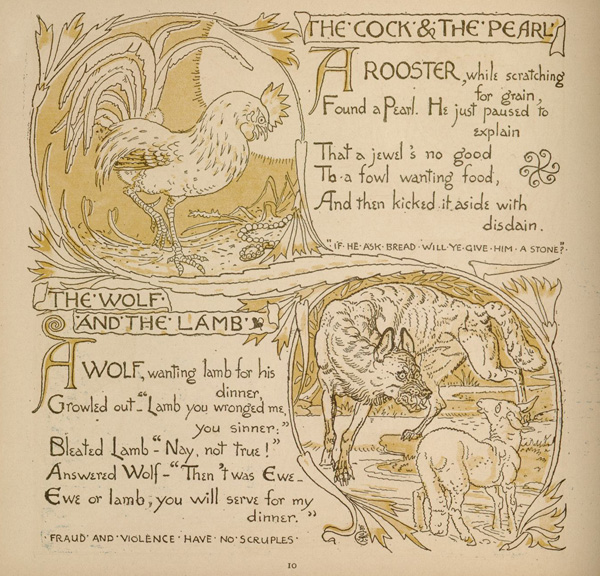How-To Technology Tips. For those of you interested in great free tools for publishing online, I've created a blog where I'm posting tips on the tools that I use. Today's post is about starting a blog with Blogger.com, a great free service for blogging online: Getting started with Blogger.com.
Vulgate Verses. The Vulgate Verses book is now available (from Lulu Publishers), and I'm commenting on various verses included in that book for their special qualities in Latin. Today's verse is from the Book of Wisdom, eus cordis scrutator est verus, and it features a great example of what I call phrase "wrapping" in the predicate of the sentence.
AudioLatin.com: Verses: Here is some more audio for the Vulgate Verses book - just the audio, but there is a link to a page where you can get English notes and commentary on these verses also. Today's group includes this wonderfully alliterative verse: Ego sum via et veritas et vita.
Greek Via Fables: Here's the latest from the Greek fables of Syntipas. Today's fable is Ὄναγρος καὶ ὄνος, The Onager and The Donkey, a story about how freedom has its own special perils!
Latin Via Fables: I've added a Perry fable type, with a Latin version by Steinhowel plus an illustration, to the blog today. This time it is Perry 503, the story of the rooster who found a pearl in the manure.
NEW: Audio Pocasts. As a summer project, I'm going to start doing some podcasts, based on the contents of the BestLatin blogs. Today's podcast is from the Latin Via Fables blog (you can subscribe to the podcasts if you want, and I'll have more information about this as I get some more practice with the podcasting software).
Here is the illustration to go with that fable, from Walter Crane's wonderful book of Aesop limericks:

Some dynamic content may not display if you are reading this blog via RSS or through an email subscription. You can always visit the Bestiaria Latina blog to see the full content, and to find out how to subscribe to the latest posts.